Search
Search within Resources
1446 results found
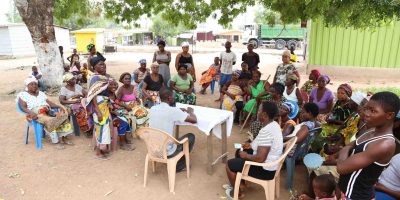
Background report
“We Know Who is Eating the Ebola Money!”: Corruption, the State, and the Ebola Response
Sierra Leonean production of knowledge about Ebola was, in large part, production of knowledge about “who ate the Ebola money.” This article traces people’s responses to the Ebola crisis through a number of different moments, at each point reflecting on…
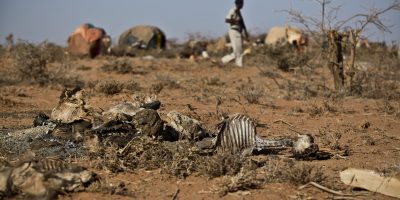
Background report
We Do Not Bury Dead Livestock Like Human Beings: Community Behaviors and Risk of Rift Valley Fever Virus Infection in Baringo County, Kenya
Rift Valley Fever (RVF), is a viral zoonotic disease transmitted by Aedes and Culex mosquitoes. in Kenya, its occurrence is associated with increased rains. in Baringo County, RVF was first reported in 2006-2007 resulting in 85 human cases and 5…
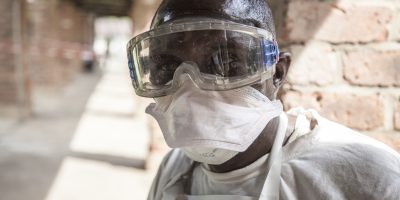
Background report
Views from Many Worlds: Unsettling Categories in Interdisciplinary Research on Endemic Zoonotic Diseases
Interdisciplinary research on zoonotic disease has tended to focus on ‘risk’ of disease transmission as a conceptual common denominator. With reference to endemic zoonoses at the livestock-human interface, we argue for considering a broader sweep of disciplinary insights from anthropology…
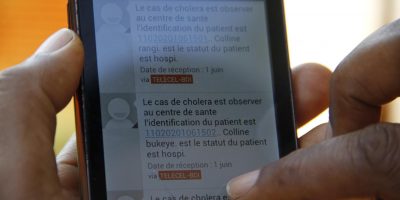
Background report
Use of SMS-Based Surveys in the Rapid Response to the Ebola Outbreak in Liberia: Opening Community Dialogue
During an emerging health crisis like the 2014 Ebola outbreak inWest Africa, communicating with communities to learn from them and to provide timely information can be a challenge. Insight into community thinking, however, is crucial for developing appropriate communication content…
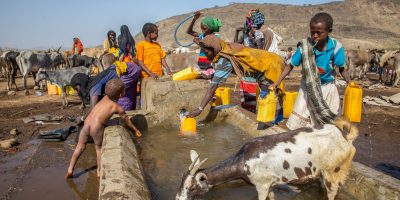
Background report
Unintended Consequences of the ‘Bushmeat Ban’ in West Africa during the 2013-2016 Ebola Virus Disease Epidemic
Following the 2013-2016 outbreak of Ebola virus disease (EVD) in West Africa, governments across the region imposed a ban on the hunting and consumption of meat from wild animals. This injunction was accompanied by public health messages emphasising the infectious…
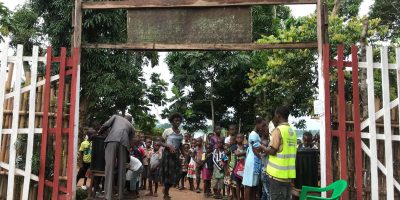
Briefing
UNICEF Annual Report 2016, Democratic Republic of Congo
Despite its vast physical size and abundant natural resources, the Democratic Republic of Congo (DRC) is one of the poorest countries in the world, ranking 176th out of 188 countries and territories in the 2015 Human Development Index. Child poverty…

Briefing
UNICEF Annual Report 2015, Democratic Republic of Congo
Despite noticeable progress in some dimensions of children’s rights and significant Gross Domestic Product (GDP) growth, the Democratic Republic of Congo (DRC) is a challenging place for most children and their families, particularly for those living in conflict-affected and hard-to-reach areas. The national…
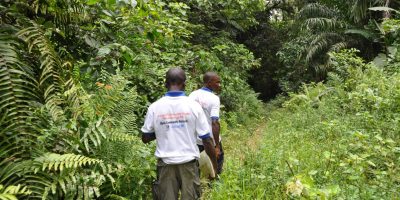
Background report
Understanding Social Resistance to the Ebola Response in the Forest Region of the Republic of Guinea: An Anthropological Perspective
Why did Ebola response initiatives in the Upper Guinea Forest Region regularly encounter resistance, occasionally violent? Extending existing explanations concerning local and humanitarian “culture” and “structural violence,” and drawing on previous anthropological fieldwork and historical and documentary research, this article…

Background report
Understanding Framings and Perceptions of Spillover: Preventing Future Outbreaks of Bat-Borne Zoonoses?
Bats provide many ecosystem services and have intrinsic value. They also act as host reservoirs for some viruses. Several studies have linked zoonotic diseases to bats, raising questions about the risks bats pose, especially to people living close to bat…

Background report
The Social and Political Lives of Zoonotic Disease Models: Narratives, Science and Policy
Zoonotic diseases currently pose both major health threats and complex scientific and policy challenges, to which modelling is increasingly called to respond. In this article we argue that the challenges are best met by combining multiple models and modelling approaches…

Background report
The SARS-Associated Stigma of SARS Victims in the Post-SARS Era of Hong Kong
This article explores the disease-associated stigma attached to the SARS victims in the post-SARS era of Hong Kong. The author argues that the SARS-associated stigma did not decrease over time. Based on the ethnographic data obtained from 16 months of…
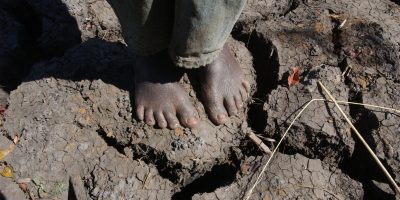
Background report
The Pygmy Mimic
The Pygmy mimic is an extremely persistent colonial trope that continues to inform contemporary anthropological understandings of Africa’s Pygmy populations. Mimicry is now understood as being a key component of the social reproduction of a distinct Pygmy way of being.…


